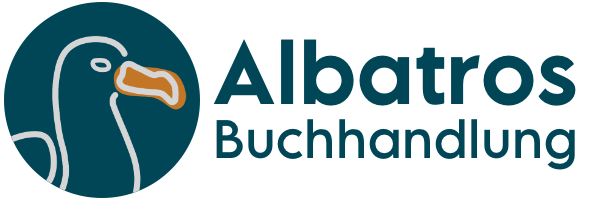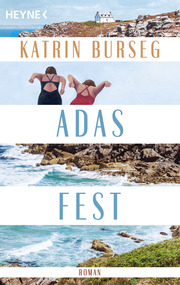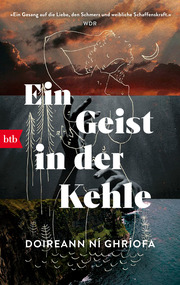"Can science be funny?" takes a close look at an element of modern science communication that is as innovative as it is promising for the future: comedy!
Readers are guided through vividly presented academic theory as well as exciting hands-on and best practice examples from renowned practitioners and cabaret artists:
- What do sheep's cheese and car tires have in common?
- Can laughter break down walls?
- How does "Die Anstalt" work?
- How does magic create knowledge?
- Is there humor in museums?
- When a Dalmatian comes to the cash register
- Three steps to humor
- Serving suggestion for the Holy Spirit
- dictatorship of stupidity
- And much more!
But it's not all just funny. Comedy can also take away some of the biting sharpness of criticism, making it digestible, even palatable, for the addressees.
"Can Science Be Funny?" navigates between criticism and cabaret, tackling comedy in various guises from different perspectives.
22 contributions show how the results of science, research and technology can be brought to the general public in new ways. In particular, they also demonstrate how humour can be used as a critical and questioning force - valuable for all types of communication and helpful so that they come across more shrewdly in the future.
The translation was done with the help of the artificial intelligence (machine translation by the service DeepL.com). The text has subsequently been revised further by the original editors in order to refine the work stylistically.
Dr. Marc-Denis Weitze is head of the thematic area of technology communication at the office of the German Academy of Science and Engineering (acatech) in Munich. He teaches as a private lecturer for science communication at the TU Munich and is working on a career as a science cabaret artist.
Wolfgang Chr. Goede is a political scientist and communications expert and works as an international science journalist as well as an author, lecturer and facilitator on the scientific and technological hot topics of our time.
Wolfgang M. Heckl is Professor of Experimental Physics and conducts research in the field of nanoscience and science communication. He is General Director of the Deutsches Museum and holds the Oskar von Miller Chair for Science Communication at the TU Munich School of Education.


































